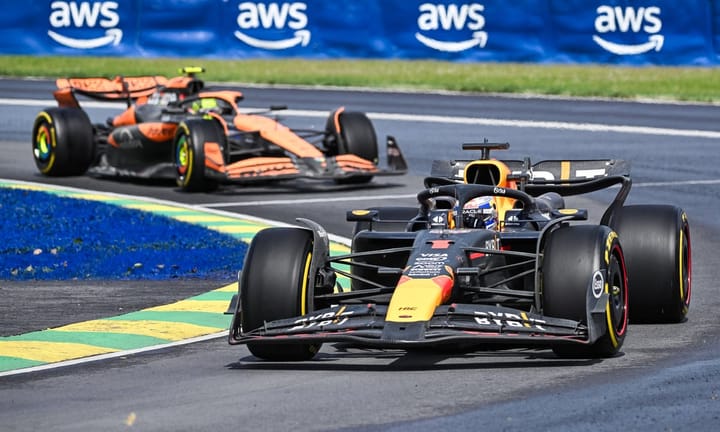Golf aficionados eager for the upcoming Ryder Cup next year might find themselves paying $750 for day tickets at Bethpage Black in New York. This fee could enhance perceptions that the event caters more towards corporate patrons, rather than general fans of golf as it shifts directionally from its origins to a higher-end audience. The digital reaction has been intense and vocal among potential spectators who have yet to secure their Bethpage tickets through an available random allocation system on Ryder Cup's official platform—those selected are expected notifications by the next month, with single day passes only made accessible for purchase afterward; however, a limited number of four-day packages may be obtainable if affordability is within reach.
Registration costs stand at $255.27 on Tuesdays and Wednesdays ascend to an elevated rate of $423.64—presumed due in part by the inclusion of supplementary activities such as a Junior Ryder Cup, star matches, along with the ceremonial kickoff day fee—while charges for Friday through Sunday reach upwards at $749.51 per slot into action each time frame; these prices cover associated taxes and fees included in what is termed a comprehensive package which encompasses food items as well as non-alcoholic drinks, with the caveat that alcohol remains unaffiliated for purchase separately within market facilities.
Traditionally serving both PGA of America or European Tour Group according to venue location and its financial gain role in such occasions—this time round through what's identified as a Ryder Cup+ package —the event’s fiscal strategy was dissected by Eric Nicoli, Chairman for the Europe tour group within his latest strategic report linked with publicly released accounts.
Navigating economic pressure due to macroeconomic factors like supply chain disruptions and geopolitical tensions—inflation stood at roughly 22% when compared against Rome's hosting in previous years, compounded by challenges faced while operating within a nation not traditionally adept at executing large-scale outdoor events —Nicoli highlighted these financial obstacles. Yet he emphasized the compensatory rise observed across multiple income sources associated with Ryder Cup—encompassing ticket sales to sponsorships, merchandise trade and digital/media rights deals that collectively managed an offset against such economic headwinds faced by organizing bodies in recent times.
Read next

Poppy McIlroy Emulates Father's Skill on Putts at Augusta National
Rory McIlroy's four-year-old daughter, Poppy, made a challenging putt in the Family Day Tournament ahead of the 89th Masters.
The Northern Irish golfer described this moment with his child as "quite enjoyable". “It’s just such an entertaining afternoon,” McIlroy commented while enjoying time out on

McIlroy asserts embracing 'heartache' from Masters could benefit his chase for victory in Augusta
Rory McIlroy believes embracing the "heartbreak" from his sporadic journey for Masters triumph could be crucial to securing another Green Jacket. His latest endeavor towards a career major achievement commences on Thursday at Augusta National.
McIlroy is reminded that nearly 11 years have elapsed since he last clinched

Lando Norris Supports FIA Action Against Red Bull's 'Tea Tray' Technological Advantage
Lando Norris has welcomed the FIA's response to a potentially illegal device found on his world championship rival Max Verstappen’s Red Bull vehicle, following concerns it might contravene regulations for performance enhancement during races when adjustments between qualifying and actual events are prohibited.
As he gears up

